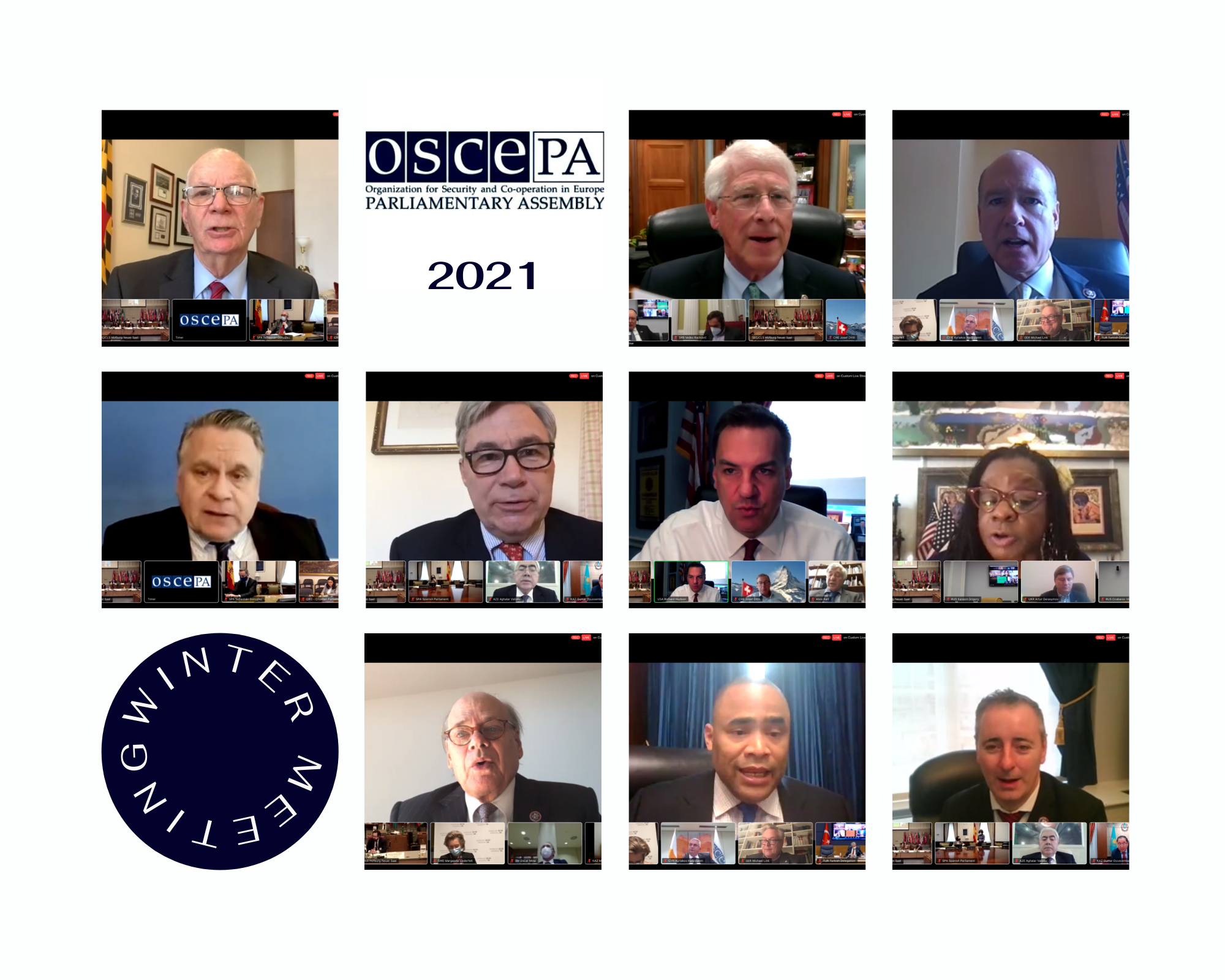While the United States has an exemplary system of integration, empowerment, and protection from discrimination, individuals with intellectual disabilities like Down Syndrome have recommended numerous further improvements to U.S. law. This briefing explored best practices developed federally and locally in the United States to empower and integrate individuals with intellectual disabilities.
Sara Hart Weir discussed how perceptions of the disabled community impair equality in many facets of society including education, housing, and financial independence, and discussed changes to the law that are still needed 30 years after the Americans with Disabilities Act. For instance, 80-year-old legislation named the “Fair Labor Standards Act of 1938” has unfairly permitted corporations to pay disabled employees less than minimum wage. This longstanding law was recently challenged by the National Down Syndrome Society through the TIME Act. Ms. Weir also supported continued work to build upon the recently adopted ABLE Act, which allows individuals with Down syndrome to save for their futures without losing benefits. She highlighted that many individuals with Down syndrome still face the choice between limiting their hours to part-time work or losing their much-needed Medicaid benefits. New, comprehensive legislation will be needed to address this problem if individuals with Down syndrome will be fully incorporated into the economy.
Kayla McKeon, the first registered lobbyist with Down syndrome, relayed the need for legal changes and social acceptance at an institutional level, stating, “To me, having Down syndrome is who I am but it has never stopped me for achieving my own hopes, dreams, and passions. What I want for my life and all individuals with disabilities is for us all to be treated just like everyone else. I want to live the American Dream.”
The Special Olympian and lobbyist recalled being educated alongside her peers and receiving additional help as needed, as well as independence when needed. She is now attending college while working as the Manager of Grassroots Advocacy at the National Down Syndrome Society.
Dr. Sheryl Lazarus, Director of the TIES Center, underscored the importance of including children with disabilities in educational settings alongside their peers, stating, “Early inclusion supports later inclusion. Early segregation almost ensures that there will be segregation later in life.”
Dr. Lazarus encouraged teachers raise their expectations of disabled students’ cognitive abilities by promoting coursework such as math, reading, and social studies, not just self-care. She encouraged training and the availability of educational resources to ensure all teachers feel confident they can include children with disabilities in their classrooms. She noted that “the behavior of adults must change” to ensure that children with disabilities can reach their full potential.
John Cronin, co-founder of John’s Crazy Socks, recounted that his disability “never held [him] back.” The Chief Happiness Officer of his $6 million company, he assists with public relations, merchandising, and same-day shipping to customers—who include presidents, prime ministers, and movie stars. His passion drives his 8-hour work day, and he wants the world to know what tremendous feats people like him can accomplish.
John’s Crazy Socks competes with corporate giants such as Amazon, yet the company is set apart by its social mission: to raise money for its partners and to demonstrate that hiring individuals with disabilities is a smart business decision. John’s Crazy Socks emphasizes employees’ abilities rather than disabilities and matches those abilities to the needs of the company. More than half of John’s Crazy Socks employees are differently-abled.
Mark Cronin, CEO of John’s Crazy Socks, underscored that John’s Crazy Socks employees are paid above minimum wage, even though the law permits him to pay below minimum wage: “Our colleagues do not do minimum work, so we do not offer minimum pay.”
He explained, “Employers will learn that those with differing abilities are an asset, not a liability. And the employers who learn this lesson the fastest, will be at an advantage and find greater success.”





